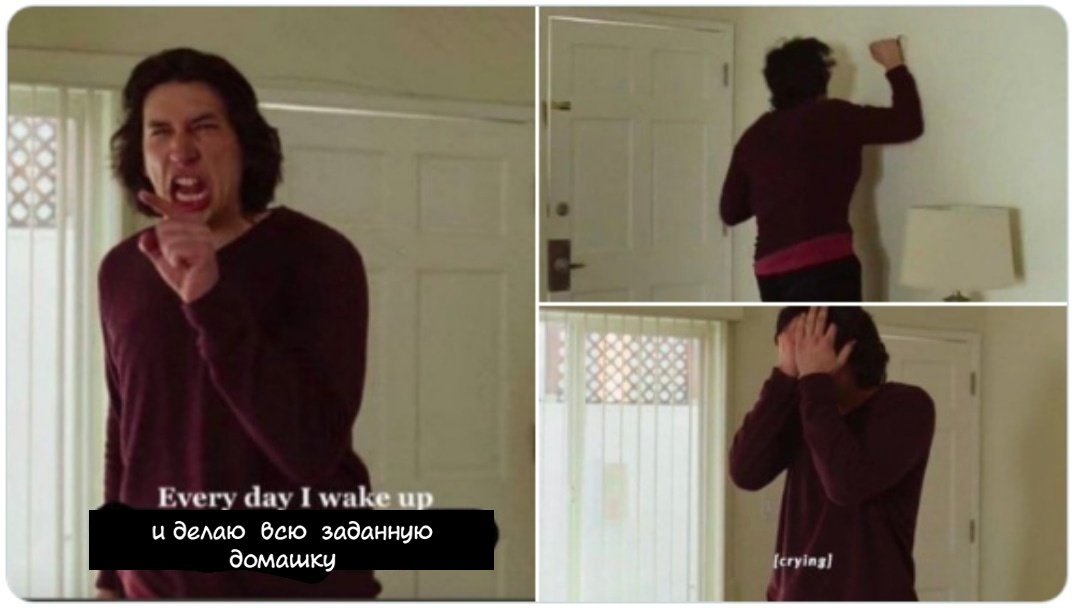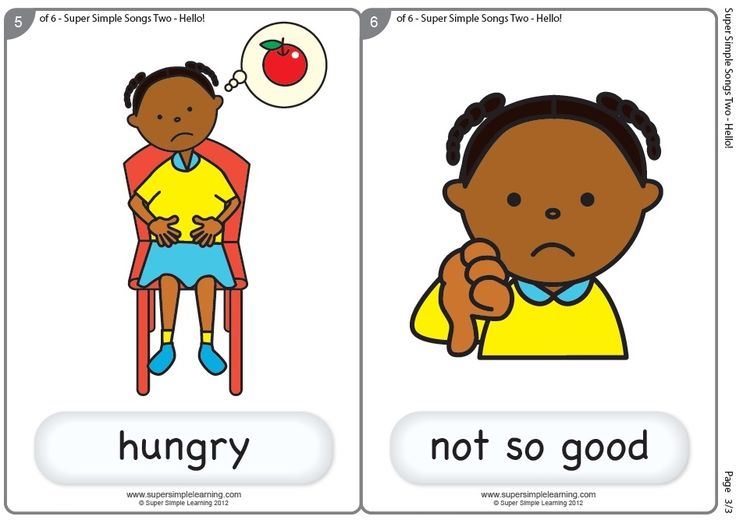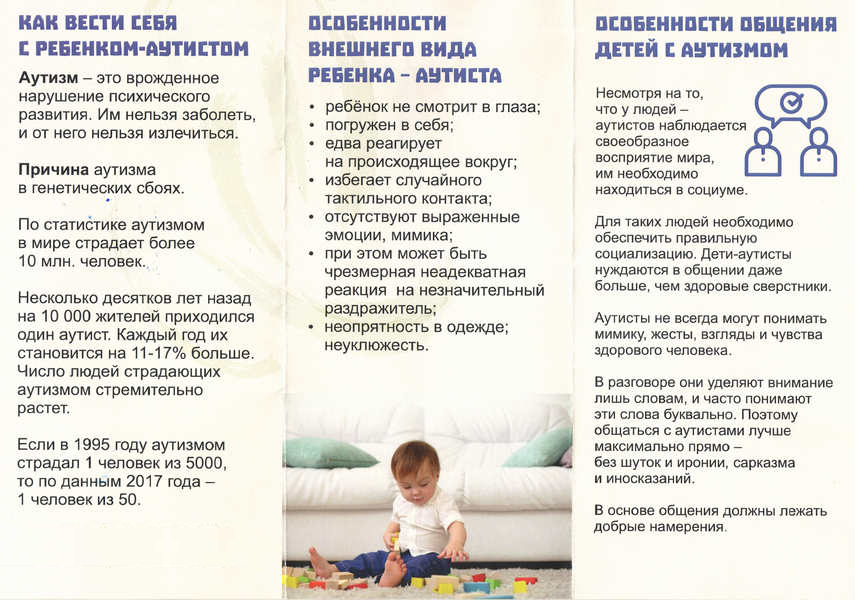How to legally disown a child
Can You Legally Disown a Child? (ANSWERED)
If the child is an adult, the answer is probably yes.
If the child is a minor, then the answer is no, probably not.
In the article, you’ll learn about disownment, and the laws which exist that make it difficult to disown a minor child.
Can You Legally Disown a Child? (EXPLAINED)
Disclaimer
The contents of this web page are for informational purposes only, and nothing you read is intended to be legal advice. Please review our disclaimer about law/legal-related information on this website before taking action based upon anything you read or see.
What Is Disownment?
Disownment can mean many things, legally and practically.
Some people use the term “disown” to mean that they no longer acknowledge responsibility for the family member, usually a child.
People also informally use the term “disown” when they actually mean “disinherit” (meaning they don’t want the child to take from the parent’s estate after the parent’s death).
We often see parents who want to disown children (minor or adult) who are irresponsible, suffering from substance abuse addictions, or who commit criminal acts.
We also see disownment occur over religious differences, lifestyle choices, and relationships.
These parents seek to absolve themselves of any further financial and emotional responsibility.
We also see adult children (or even minor children) looking to disconnect themselves from parents.
Can An Adult “Disown” An Adult Child?
Sort of.
In most states in the United States, there isn’t a legal process by which a parent can undo a parent child relationship.
You can’t just legally undo the fact that you are the biological parent of a child.
You can’t take your name off their birth certificate (unless there was a mistake of fact or an error).
You can’t take away their name.
Instead, in most cases, people create physical space from the adult child, cut off financial associations, and end communication.
No more phone calls, emails, or in person meetings.
If necessary (and possible), the person doing the disowning can seek legal action to enforce the separation (civil claims of trespass or interference if the child doesn’t stay away), or even civil restraining/protective orders.
Once a child has reach majority, there are very few financial demands an adult child can make upon a parent that the parent has to comply with (though we see a few creeping in, such as health insurance).
Next, to completely sever all ties, what most adults do is create legal documents preventing the child from benefiting from the adult’s incapacity or death in any way (last will and testament, a living trust, power of attorney forms, etc).
Can An Adult “Disown” A Minor Child?
It is very difficult for an parent to end his or her legal and/or financial obligations to a minor child.
Depending on the situation (and whether anyone actually found out about it), a parent who created the physical space and cut off support could face criminal charges of child neglect, desertion, abandonment, or other pretty serious crimes if the child suffers serious physical injury (or even death) as a result.
This is the case even if the adult feels justified in kicking the child out of the home.
Let’s say that a parent was able to physically create that space between himself and the minor child, like perhaps the child left the home and is living elsewhere, and there is no communication.
That adult might also seek to then financially disown the child by creating a will or other estate planning documents to prevent the child from even benefiting from his estate.
Each state in the United States has its own set of laws associated with death planning.
All of them provide the testator (the person planning for his death) great latitude is making decisions about who gets his stuff (as long as his creditors are paid first).
However, almost all of these states have laws in place that provide for the care and support of minor children of the testator, even if his will tries very hard to prevent the child from accessing any of the funds of the estate upon his death.
For example, in Oregon, the representative of a minor child can petition the court for monthly payments of support from the estate, if the estate is solvent enough to support the payments.
The child can also continue to reside in the home previously owned by the decedent for a period of time, even if the directive of the will is to sell the home asap and kick everyone out of it.
Most states prioritize the care and support of minor children, even if the care and support is against the wishes of the parents.
What If Both Parent and Minor Child Want To Be Apart (Mutual Disownment)?
If the parent and minor child are in agreement about ending their relationship, there are some options to provide relief to the parties.
Some parents seek out other qualified and interested adults to adopt the child (and sign over parental rights).
Some states have voluntary surrender options to foster care (though financial obligations would likely continue until the child aged out of foster care or was adopted).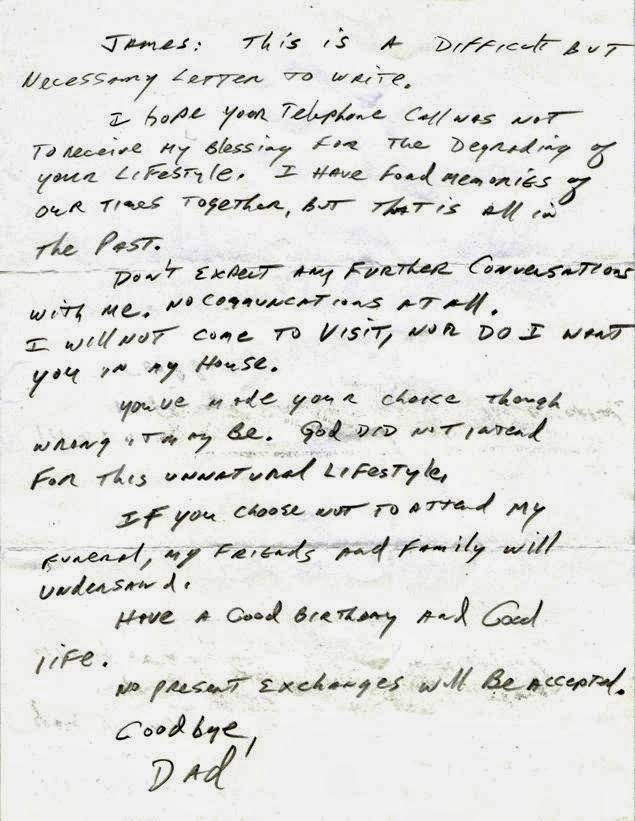
Others designate a guardian and have the child live with that individual until the child reaches majority.
If the child is safe, fed, sheltered, and educated, it is rare for the government to become involved or initiate a criminal action against the parent who has ceded care and control to others of a minor child.
But until the child reaches adulthood, if the legal relationship between the child and the parent is not severed, the parent’s responsibility to the child will continue regardless of what all the parties want.
Wrap Up
Want to learn more about our justice system?
Browse our free legal library guides for more information.
You might also like:
- Is It Illegal To Change Lanes In An Intersection In Idaho?
- Can The Victim Assist The Defendant’s Case?
- How Do Probation Officers Find Out About New Cases?
- What Happens If The Defendant Dies?
- Can a Defense Lawyer Refuse Your Case?
- Examples of Voluntary Manslaughter
- Can You Go To Jail For Egging a House?
- Why Are Lawyers So Expensive?
Can I Legally Disown My Family?
By Christopher Coble, Esq. on July 01, 2016 | Last updated on March 21, 2019
on July 01, 2016 | Last updated on March 21, 2019
Families are complicated. And so is the prospect of legally extricating yourself from your family. There is no technical definition of "disown" in the law, and whether you can sever your rights and responsibilities to your relatives depends on your relation to them. For instance, it may seem odd but it might be easier for kids to walk out on their parents than the other way around, legally speaking.
So if you've had enough of your folks, or think junior has overstayed his welcome, here's what you need to know about legally renouncing your family ties.
Divorce
OK, getting a divorce is its own animal, and we have tons of resources on ending a marriage. So we'll limit this conversation to parents, grandparents, and children.
Parents
Sorry unhappy moms and dads, but just about every state makes it the responsibility of both parents to support their minor children. Even if you don't have custody, you may be on the hook for financial support. In some cases, the can be waived by the other parent, but those are rare. Otherwise, the only way to legally separate from your child (voluntarily) is to put him or her up for adoption and cede all parental rights. (Parental rights could also be terminated by court order.)
In some cases, the can be waived by the other parent, but those are rare. Otherwise, the only way to legally separate from your child (voluntarily) is to put him or her up for adoption and cede all parental rights. (Parental rights could also be terminated by court order.)
The obligation to support your children generally continues until the age of majority, 18 in most states. At that point, you are generally free to cut them off, without the need for legal documents or court proceedings. However, if you have included your child or children in a will, or otherwise agreed to provide some financial support, you'll need to amend or rescind that document.
Grandparents
Generally speaking, grandparents are under no legal obligation to provide for grandchildren. There are a few exceptions, however, mostly based on whether the grandparents have stepped in and accepted custody of the grandchildren. Known as in loco parentis (Latin for "in place of the parent"), voluntarily establishing custody of grandchildren can put grandparents on the hook for child support.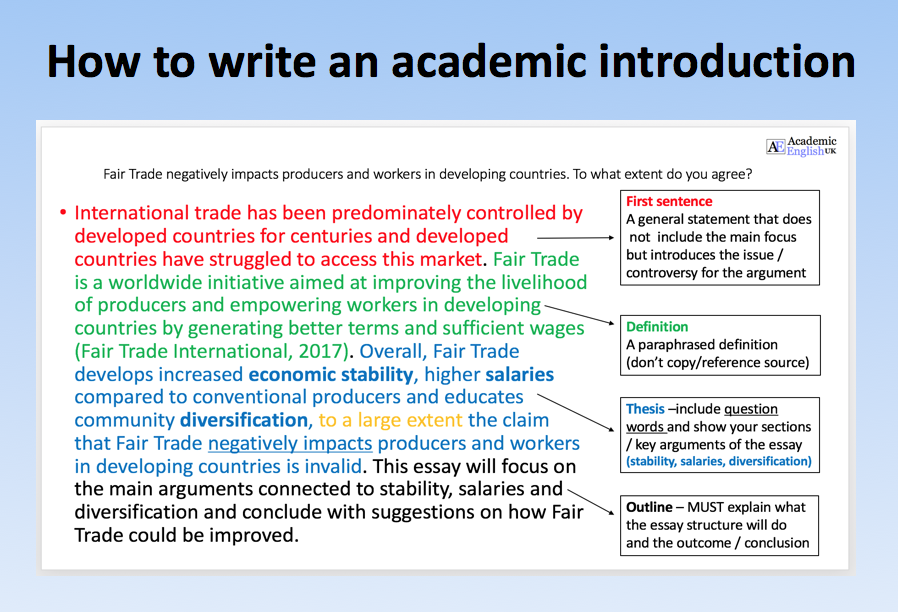 There are also states that impose child support responsibility on grandparents if both the parents and the grandchildren are minors.
There are also states that impose child support responsibility on grandparents if both the parents and the grandchildren are minors.
Like child support for parents, this obligation normally ends at age 18 and it's up to grandparents whether they want to extend that responsibility.
Children
And what about kids who are sick of their parents? There is one legal way out, called emancipation. There are ways to be automatically emancipated -- via marriage or military service -- but the most common occurs when a minor petitions a court to grant the minor all legal rights to care for him- or herself and take on adult responsibilities.
These petitions are often granted based on the court's discretion, and judges will consider the state of the minor's relationship with the parents as well as whether the minor is sufficiently mature, has the ability to provide income shelter, and is obtaining an education, when making decisions in the best interest of the minor. Additionally, most states set a minimum age for emancipation -- generally 16 -- which can be good news for 17-year-olds looking to move out of the house, but might not be as helpful to younger teens.
Family can drive you crazy. But don't let them drive you to rash legal decisions. If you're considering disowning your family, in the legal sense, consult with an experienced family attorney first.
Related Resources:
- Find Family Law Lawyers Near You (FindLaw's Lawyer Directory)
- Can I Reverse an Adoption? (FindLaw's Law and Daily Life)
- How to Evict an Adult Child (FindLaw's Law and Daily Life)
- Can I Kick My Spouse out of the House? (FindLaw's Law and Daily Life)
You Don’t Have To Solve This on Your Own – Get a Lawyer’s Help
Meeting with a lawyer can help you understand your options and how to best protect your rights. Visit our attorney directory to find a lawyer near you who can help.
Content For You
Civil Rights
Block on Trump's Asylum Ban Upheld by Supreme Court
Criminal
Judges Can Release Secret Grand Jury Records
Civil Rights
Politicians Can't Block Voters on Facebook, Court Rules
Voluntary renunciation of parental rights by father or mother
Answer: Let us first consider the issue of renunciation without subsequent adoption.
There is a provision in the legislation of the Russian Federation that allows voluntarily renouncing parental rights only for a mother who has just given birth to a child (before registration with the registry office). For older children, there are no such legislative provisions, but some judicial practice has been accumulated that allows this procedure to be carried out within the legal framework.
Only the court can decide on this issue, and the final verdict will indicate the decision on deprivation of parental rights. That is, in the future, the argumentation, no matter how positive and based on voluntariness, will remain in the documents, and on the surface there will appear a verdict of deprivation, implying an unfair attitude to one's parental duties.
In addition, by abandoning a child, a mother or father:
- loses the right to refer to the child as their own;
- has no right to protect the child as his own;
- loses the right to claim the inheritance after his death;
- are deprived of the rights to preferences and cash benefits due to parents;
- will have to pay child support until the child is accepted into a new family.
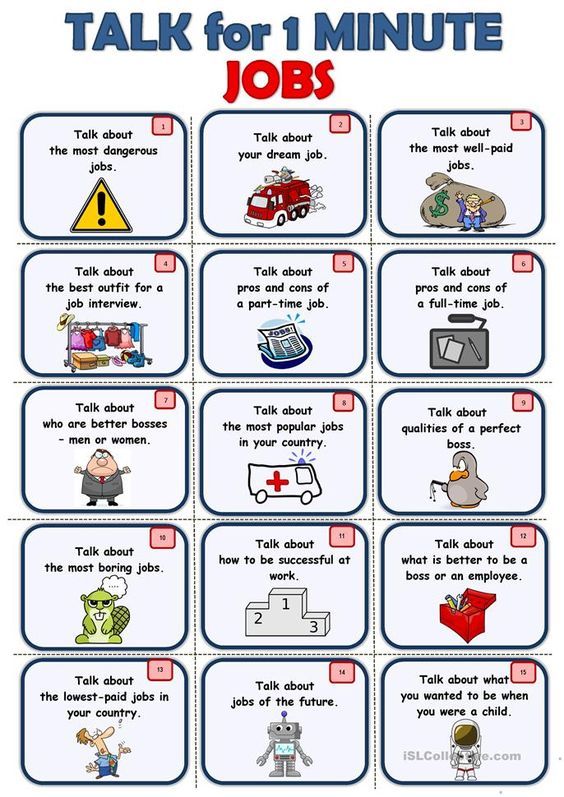
What is the procedure for voluntary refusal
The difference from compulsory deprivation lies in the fact that the parent (or parents) himself applies to the court. You should start with the guardianship authorities, whose specialists will help you competently draw up documents. Without their opinion, such decisions are not made, and if you directly go to court, the case will be delayed, as the judge will inevitably turn to experts or return the application with a demand to attach their opinion.
The responsibility of the guardianship authorities is to investigate the child's housing conditions and determine the consequences of deprivation of parental rights.
In a claim filed in accordance with Article 131 of the Code of Civil Procedure of the Russian Federation, the following phrases must necessarily be reflected:
- that the parent made a decision of his own free will;
- that he is aware of the full burden of responsibility and the consequences of such a step (after the court makes a positive decision, the child will be forever lost to the parent).

In addition to the guardianship authorities, representatives of the prosecutor's office must be present at the trial.
As a rule, at the same court session, the issue of the amount of alimony and the procedure for paying such a monetary allowance is decided.
The applicant has the right not to be present at the trial, but in this case there is a risk that an unfavorable decision will be made for him. Here it can play a fatal role, since appeals of such decisions rarely lead to the desired result. If we are talking about subsequent adoption, then the fate of the child is at stake and the meeting cannot be ignored.
How to transfer a child to adoptive parents without formal refusal
The Family Code in article No. 129 contains a rule that allows you to calmly, without unnecessary hassle, transfer a child to new parents.
You can do this on one condition: the consent of the parents (or the parent, as in your case) is required. If there are none, then the guardianship authority gives the visa.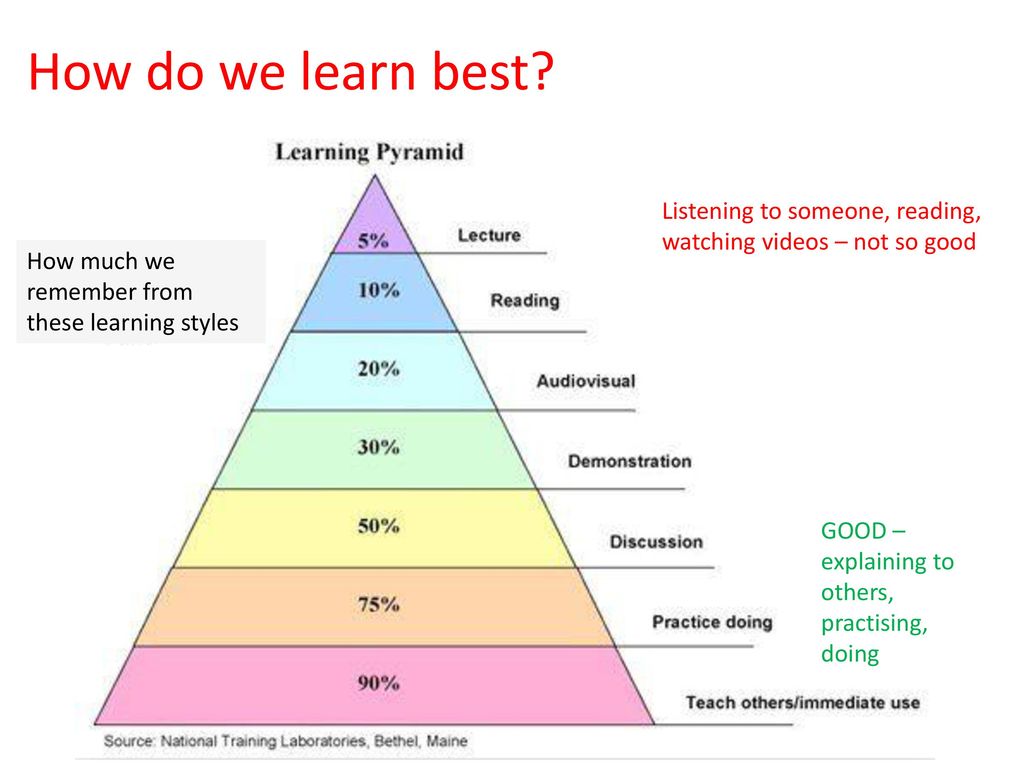
Parental consent is obtained by a written statement, which is certified by one of the following persons or institutions:
- notary;
- the head of the institution where the child is educated and cared for;
- guardianship authority;
- court.
Parents can reverse the situation only before making a decision. The next day after, for example, a court decision, the child no longer has parents, until the moment of adoption.
A parent (or parents) has the right to agree to adoption both to a well-defined person and in conditions of uncertainty.
Conclusions
Voluntary abandonment of a child is not defined in the legislation of the Russian Federation. This issue can be resolved through the court, but the court order states that the parent is deprived of parental rights.
A milder (and preferable) option provides that parents agree to the adoption of their child - this way is stipulated in the Family Code of the Russian Federation. You can specify that a specific person will be the adopter, you can leave the choice to the guardianship authorities. This, in fact, is also a voluntary refusal, but without the appearance of an undesirable wording about the deprivation of parental rights.
You can specify that a specific person will be the adopter, you can leave the choice to the guardianship authorities. This, in fact, is also a voluntary refusal, but without the appearance of an undesirable wording about the deprivation of parental rights.
Deprivation or termination?
September 07, 2017
Practice
Issue material No. 17 (250) September 1-15, 2017.
The law and the practice of its application - on whether it is possible to waive parental rights unilaterally
Does the legislator allow to stop being a parent without depriving parental rights, what does the court think about this and is it necessary to continue to take care of the child in case of abandonment ? In this article, the author shares the results of the work that was carried out to study the question of whether it is possible to waive parental rights unilaterally.
The wording is correct: we are talking about a voluntary refusal, that is, a unilateral declaration of will expressed in a form that complies with the current legislation, the result of which will be the termination of a certain right 1 .
The first and, perhaps, the most superficial answer to the question "Is it possible to give up parental rights?" - No. There is no such thing as “voluntary renunciation of parental rights” in the law. The Family Code of the Russian Federation does not provide for the possibility for parents to voluntarily and unilaterally refuse to exercise their rights and fulfill their obligations in relation to the child.
The only way provided for by the RF IC to terminate the rights in relation to a child is the deprivation of parental rights. This is a consequence that occurs in relation to parents who have committed a violation in the performance of their parental duties (the list is given in Article 69 of the RF IC).
Victor GLUSHAKOV,
Partner, Attorney at Law Office Kovalev, Ryazantsev & Partners
Read the full text of the article in the printed version of AG No. 17, 2017.
1 In the context of the issue raised, parental rights are a set of rights that are based on kinship with a child.
NBPARENTAL RIGHTS ARE INALienableThe author believes that the termination of the obligation to support the child's parents is possible only on the grounds provided for in Art. 120 RF IC. In all other cases, including the placement of a sick child on state support, the parents fulfill their obligations in relation to the child, including its maintenance. Victor Glushakov's article "Deprivation or termination?" is devoted to finding an answer to the question of whether it is possible to waive parental rights unilaterally. And although the author, having analyzed the judicial practice, which is not distinguished by the uniformity of the legal positions expressed, comes to the conclusion that such a refusal is possible and parental rights can be terminated in relation to a child who suffers from mental disability, at the same time he notes that in itself " application for renunciation of parental rights (application for abandonment of a child) . |

